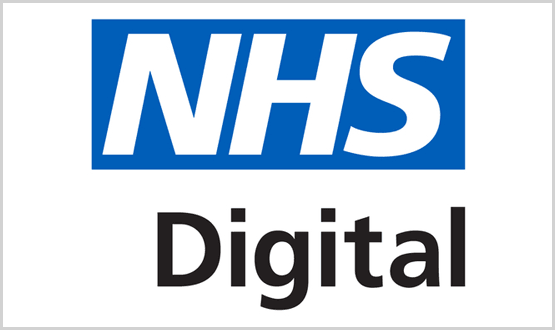Coding for Success makes slow progress
- 22 October 2010
A review of the impact of a report calling for the wider use of coding and tracking technologies in the NHS has concluded that “overall progress has been a little slower than expected.”
The review of the ‘Coding for Success: simple technology for safer patient care’ report was demanded by the Health Select Committee in 2009 in its report on patient safety.
The report, which was published by the Department of Health in 2007, described bar-coding and similar technologies.
It also outlined their potential for reducing medication, blood transfusion and surgical errors, and for tracking and tracing medicines, surgical instruments and other devices through their supply chains.
It argued that if these technologies were to reach their full potential, there needed to be improved use of coding in the NHS and in the medicines and healthcare products industries and new standards for track and trace technologies.
In particular, Coding for Success recommended that GS1 standards for coding should be adopted throughout the healthcare system in England, both for manufactured products and for NHS products such as wristbands.
The review outlines progress in all three areas. In terms of coding in industry, the review says that work on medicines is further along than work on medical devices. However, new moves in the US and at EU level could change this.
“The US Food and Drug Administration is about to announce a regulation that will require all device manufacturers to identify their devices and the EU is likely to follow,” it says.
“This legislation will place a considerable cost burden on industry, but this can be mitigated if the NHS fully embraces the technology and there is shared realisation of the benefits.”
The report warns that without this commitment on the part of the NHS: “it will be largely a wasted exercise.”
In terms of coding in the NHS, the review says NHS Connecting for Health has run demonstrator projects with trusts to show what can be achieved.
The National Patient Safety Agency has issued a series of Patient Safety Alerts requiring trusts to adopt new standards for wristbands, blood transfusion and use of the NHS Number.
The review does not say how many trusts have complied with most of these notices.
The consultation on a new NHS information strategy that was issued earlier this week emphasises that the NHS Number should be used as the unique identifier across the health service.
Meanwhile, 300 trusts have registered with GS1 to use its standards. Overall, the review concludes: “considerable progress has been made to introduce a coding culture to the NHS [and] many local projects have demonstrated that the benefits can be realised if the technology is used appropriately.”
However, it says that “others needed to be encouraged to follow the lead” of the trusts that have registered to use GS1 and “overall progress has been a little slower than expected.”
The report concludes that further progress may lie in the new structures of the NHS. “There is some work to be done to evaluate and measure the benefits these technologies and share this information with local NHS commissioners and providers,” it says.
At the same time, it stresses that developing and encouraging the use of coding remains part of the work programme of the Department of Health.
Link: Review of Coding for Success implementation




